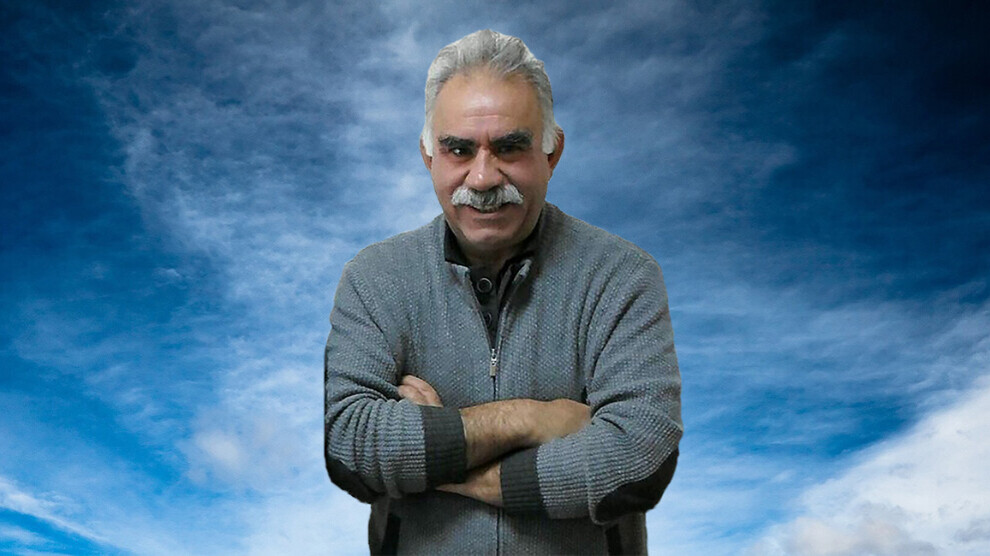Lawyers file another application to visit Öcalan in Imralı
Lawyers from the Istanbul-based Asrın Law Office filed another application to meet with their clients in Imralı Island Prison, who have not been heard from for over 38 months.
Lawyers from the Istanbul-based Asrın Law Office filed another application to meet with their clients in Imralı Island Prison, who have not been heard from for over 38 months.

Asrin Law Office lawyers Suzan Akipa, İbrahim Bilmez, Emran Emekçi and Cengiz Yürekli made new applications to the Chief Public Prosecutor's Office and İmralı Penal Institution Directorate to meet with their clients Abdullah Öcalan, Ömer Hayri Konar, Hamili Yıldırım and Veysi Aktaş, who are under absolute isolation in İmralı Island Prison.
Kurdish People's Leader Abdullah Öcalan is completely cut off from the outside world. While there is no response to requests for meetings, in some cases, months later, his lawyers are presented with a justification of disciplinary penalties.
According to Asrın Law Office, "From 27 July 2011 to date, only 5 lawyer visits were allowed between May and August 2019. The last of these five meetings was on 7 August 2019. Only 5 family visits have been granted since 2014. The last face-to-face meeting was with Öcalan's brother was on 3 March 2020. Öcalan has only been able to make two phone calls since the first day (on 27 April 2020 and 25 March 2021). The last phone call on 25 March 2021 was interrupted after a very short time and there has been no news from him since that day."
In a statement on 25 March, Asrın Law Office said, “The current state of absolute non-communication is maintained through de facto and arbitrary practices as well as 'judicial decisions' that have no basis in Turkish legislation. The disciplinary penalties that are cited as reasons for the ban on family visits and the decisions that prevent visits by lawyers are contrary to the legislation and constitute a criminal offence for the authorities. In addition, the right to correspondence and telephone communication is not recognised. However, in accordance with the Mandela rules, it is not possible to completely cut off contact with the outside world. Under all circumstances, minimum communication of prisoners with the outside world must be ensured. Not only are the minimum criteria not fulfilled, but also the files and decisions on which these practices are based are hidden from lawyers. With these practices, İmralı Island is kept behind a veil of secrecy. Access to the slightest information about the current situation of our clients held in an island prison has been prevented for 3 years without interruption, especially by their families and our lawyers. We do not have any information about our clients' right to health and other fundamental vital rights guaranteed under domestic and international law.”